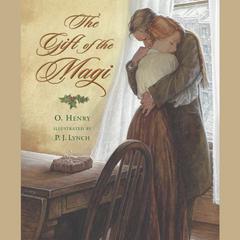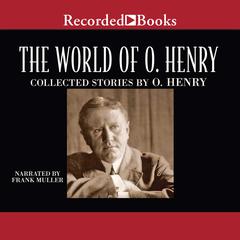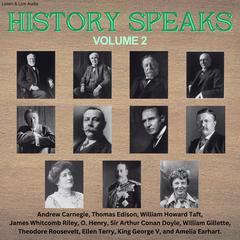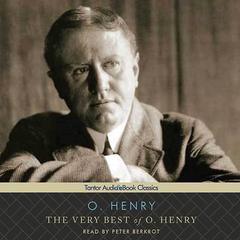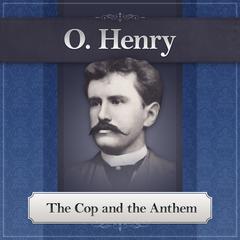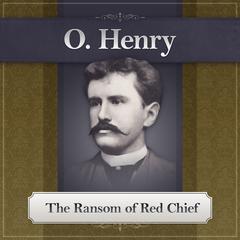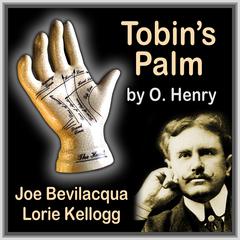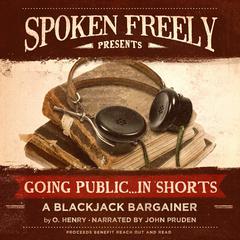 Play Audiobook Sample
Play Audiobook Sample
Whistling Dick’s Christmas Stocking: And Other Collected Short Stories Audiobook
 Play Audiobook Sample
Play Audiobook Sample
Quick Stats About this Audiobook
Total Audiobook Chapters:
Longest Chapter Length:
Shortest Chapter Length:
Average Chapter Length:
Audiobooks by this Author:
Publisher Description
William Sydney Porter had an unusual personal history. He got a job as a teller and bookkeeper at a Texas bank when he was twenty-nine. He did what could be called some careless bookkeeping, and it appeared he may have embezzled some funds. No charges were made until about four years later when an audit found the previous shortages, and he was arrested. Bail was posted by his father-in-law, and Porter headed out to unknown places, living in Honduras for a while. When he returned to the states, he was indicted and sent to prison. It was there his talents ripened for writing creative short stories that featured a lot of twists and turns with surprise endings and a lot of witty narration; he actually wrote more than a dozen tales while behind bars.
From that writing while incarcerated he decided this is what he would like to do, and the decision led to 381 short stories over the years. He saw the name Henry in a newspaper society column, and that was also the last name of one of the prison guards he’d had. One or the other, perhaps a combination, led to him using it as a pen name. He felt he had to have one because publishers would be leery of using his material due of his lurid background.
In spite of the checkered past, he wound up with a very respectable reputation, and there’s a road in his birthplace, Greensboro, North Carolina, named O. Henry Boulevard, overlooking his misdeeds of the past. He was a heavy drinker, and the habit led to death at the early age of 47.
We begin with a story published in McClure’s magazine, December 1899. This was the first story published under the pseudonym O. Henry. Let’s listen.
Download and start listening now!
Whistling Dick’s Christmas Stocking Listener Reviews
Be the first to write a review about this audiobook!
About O. Henry
O. Henry (1862–1910), born William Sydney Porter in Greensboro, North Carolina, was a short-story writer whose tales romanticized the commonplace, in particular, the lives of ordinary people in New York City. His stories often had surprise endings, a device that became identified with his name. He began writing sketches around 1887, and his stories of adventure in the Southwest United States and in Central America were immediately popular with magazine readers.
About John Rayburn
John Rayburn (1927–2024) was a veteran of sixty-two years in broadcasting. He served as a news and sports anchor and show host, and his television newscast achieved the largest share-of-audience figures of any major-market television newscast in the nation. He was a member of the Broadcast Pioneers Hall of Fame. His network credits include reports and/or appearances on The Today Show, Huntley-Brinkley News, Walter Cronkite News, NBC Monitor, NBC News on the Hour, and others. He recorded dozens of books for the National Library Service and narrated innumerable radio and television recordings.







